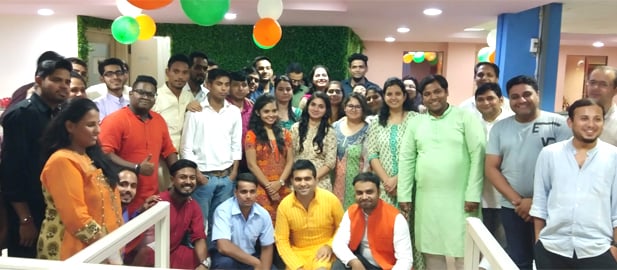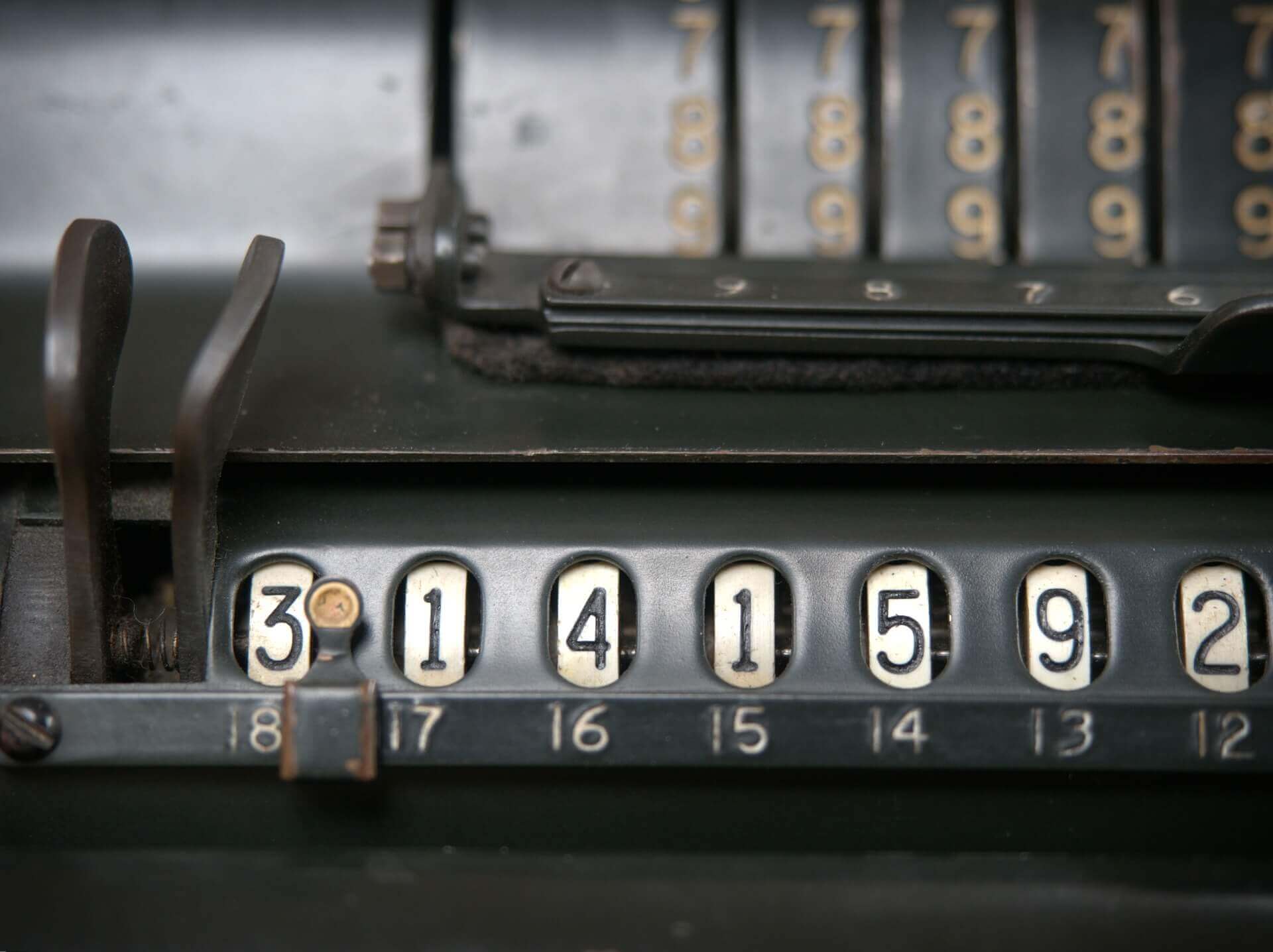Any guesses as to what has been named as the ‘sexiest job of the twenty-first century’? According to the Harvard Business Review, it is the job of a data scientist. Surprised? With the amount of data we are generating coupled with the rapid increase in technology, it is no surprise that we need an expert to make sense of all this data and do much more. A data scientist is soon going to become a basic need for most companies. So what exactly does a data scientist do?
Who is a Data Scientist?
The basic job of a data scientist is to analyse data. He does this himself, but he also builds automated systems that do so. Statistics and machines play a big part in the process. A data scientist needs to needs to be good with numbers, but also needs to have a scientific bent of mind.
The job of a data scientist is required today than ever before. Think of the Internet – think how much data is generated there. The number of YouTube videos uploaded each minute, the number of Facebook posts liked every minute, the number of products bought online every minute; and this does not even cover a tenth of the activity that is conducted on the Internet. This kind of data can give invaluable insight and information to a company, depending on what they are looking for. But how do you look for what you want in such a complicated maze and so much sheer volume? This is what a data scientist does.
Data scientists can also make predictions. These predictions are based on science and statistics, and recent trends. For example, Jonathan Goldman revolutionised the click rate on LinkedIn by introducing the ‘People you may know’ feature. At the time, LinkedIn had just begun recently and the problem was that people were not connecting with the people already on the site, the growth was restricted to people inviting their friends and family. Goldman was intrigued by the different connections on the site and the threads between people. Undoubtedly there were people who knew others in their field of work, but how could you connect them? Based on his instincts and some sound statistical study, he refined and implemented the feature. He further added other ways of guessing and predicting connections, and there was a sudden boom in the interactions between visitors and the click throughs.
Such is the effect proper data analysis can have.
Big data and its increasing importance
Big data simply implies data that is ‘big’ – i.e., too huge to process through traditional methods. The modern data scientist makes sense of big data and with the help of recent trends can help a company develop features that can make it extremely useful and customized to a user or a consumer. He can also give insights about almost any stage of the company’s growth, or the impact of a major change or shift in policy or outlook.
Take any application today – almost all of them involve data. Take the example of any shopping portal. It benefits from knowing what you have been looking for, the kind of products you like and which categories you shop most in. Not only does data analysis make it easier for a company to do what encompasses their regular job in a better manner, but it also allows you the possibility to build new and exciting things which were not possible before. Google is a master at this game. Ever typed a wrong spelling into a Google search and noticed Google correct it automatically? It is not just spelling errors that it corrects, Google has a huge database of contexts and phrases which make the search engine top notch and so effective to use.
Look at Amazon. When you look at a product on the website, they show you products that you may like. This feature correlates the product that you are looking at with the browsing or purchase habits of other consumers who looked at other products after this one, and offers you similar recommendations.
Big data is taking over the Internet, and in a big way.
Why do you need a data scientist?
There will be a point in the future when every business will require a data scientist. As every business and every company is getting involved with the Internet in some way or the other, the demand for data scientists will rise exponentially. As of now, however, you may or may not need a data scientist. The question you have to ask yourself is, am I making a product right now that requires a scientist specifically focusing on the data? You need to figure out whether you use conventional data or big data. A key point to remember is that any business that is associated with the consumer directly will benefit greatly from a data scientist.

Written by Tanya Kumari
Tanya leads the Digital Marketing Team at Classic Informatics, a leading web development company . She is an avid reader, music lover and a technology enthusiast who likes to be up to date with all the latest advancements happening in the techno world. When she is not working on her latest article on agile team dynamics, you can find her by the coffee machine, briefing co-workers on the perks of living a healthy lifestyle and how to achieve it.








.png)











